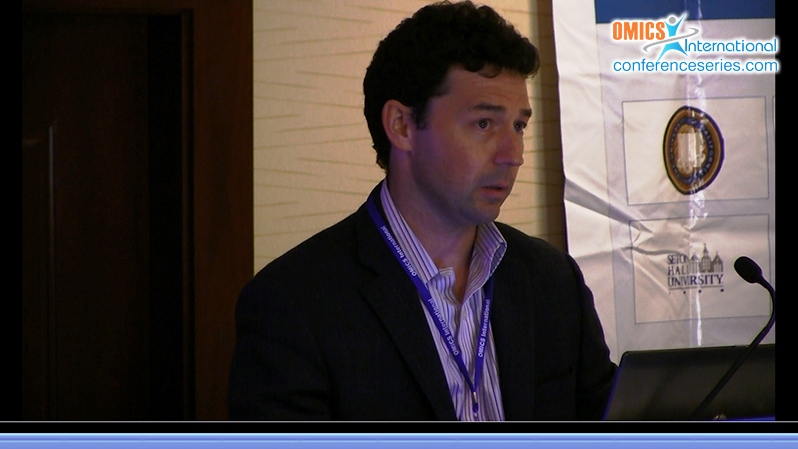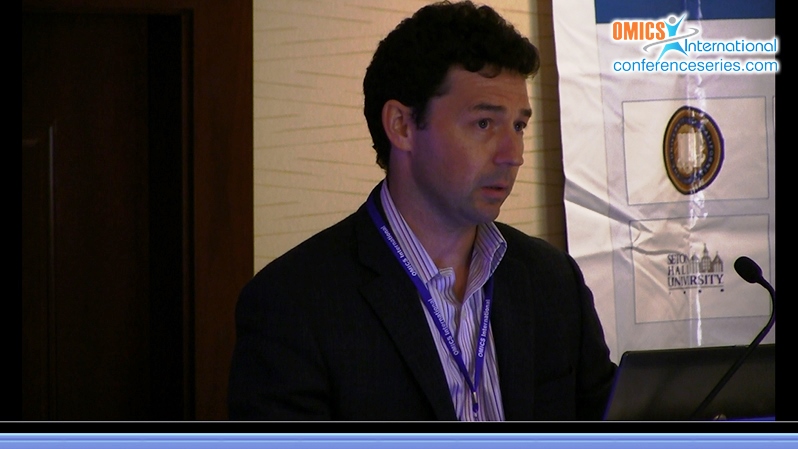
Denis Gris
University of Sherbrooke, Canada
Title: Endogenous pathways to limit inflammation in the CNS.
Biography
Biography: Denis Gris
Abstract
Many members of NLR family of proteins play an important role in human diseases including diabetes, Crohn’s disease, cancer, etc. We concentrated on the role of NLRs in neurodegenerative diseases. We postulate that Nlrs serve as sensors that detect intracellular stress. They can bind multiple proteins thus redirecting molecular signalling. In our work, we study mechanisms of neuroinflammatory responses and neuronal death. Using a mouse model of multiple sclerosis, experimental autoimmune encephalomyelitis, we demonstrate that Nlrx1 and Nlrp12 inhibit inflammation and improve biochemical and behavioural outcomes of the disease. Furthermore, Nlrx1 acts at the level of mitochondria promoting DRP1 dependent mitochondrial fission. In inflammatory cells such as microglia and astrocytes, this results in inhibition of assembly of proinflammatory pathways including Type I interferon and NFkB. Accordingly, we observed reduction in the secretion of cytokines including IL-1beta and TNF-alpha. Using N2A cell line, we demonstrated that Nlrx1 protects cells from rotenone toxicity. We demonstrated that Nlrx1 overexpressing cells were more viable and ration of apoptosis to necrosis was shifted to necrosis in cells that lacked Nlrx1. In conclusion, both Nlrx1 and Nlp12 decrease inflammatory responses in the CNS and, therefore, present as a target for treatments in neurodegenerative diseases


